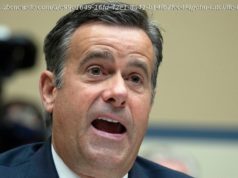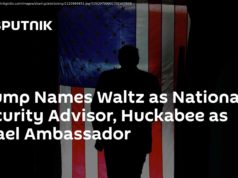After nearly two dozen witnesses, 16 days of testimony and hours of lawyers’ closing arguments, it’s time for jurors to have their say in former President Donald Trump’s hush money trial
After nearly two dozen witnesses, 16 days of testimony and hours of lawyers‘ closing arguments, it’s time for the jurors to have their say in Donald Trump’s hush money trial.
Jury deliberations began Wednesday in the first criminal trial of a former U.S. president. The seven-man, five-woman panel is tasked with deciding whether Trump is guilty of any of 34 felony counts of falsifying his company’s records.
Prosecutors say Trump falsified the records to veil reimbursements to his then-lawyer Michael Cohen, who had paid porn actor Stormy Daniels $130,000 in the final weeks of the 2016 campaign not to air her claim that she and Trump had sex a decade earlier.
The former president and presumptive Republican nominee has pleaded not guilty, denies any sexual interaction with Daniels and argues that the payments to Cohen were correctly designated as legal expenses in company records.
Now that the case has gone to the jury, here’s a look at how deliberations will work.
To convict Trump, the jury must unanimously find he created a fraudulent entry in his company’s records, or caused someone else to do so, and that he did so with the intent of violating, or concealing a violation of a state law making it illegal for conspirators “to promote or prevent the election of any person to a public office by unlawful means.”
While the jury must agree that something unlawful was done to promote Trump’s election, they don’t have to be unanimous on what that unlawful thing was. In this case, jurors could choose between three possible unlawful acts:
— They could find that one of the conspirators broke the Federal Election Campaign Act, which in 2016 made it illegal for a person to give something worth more than $2,700 to a presidential campaign. It also banned corporations from contributing to a campaign.
— They could find that other business records were falsified, including federal tax forms the Trump Organization issued to Cohen, bank records associated with Cohen’s formation of two limited liability companies, bank records associated with a wire transfer Cohen made to Daniels’ lawyer, or an invoice used when the National Enquirer’s parent company paid Karen McDougal, a former model who claimed to have had an affair with Trump.






